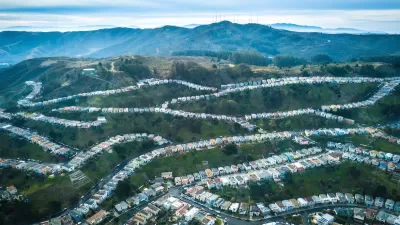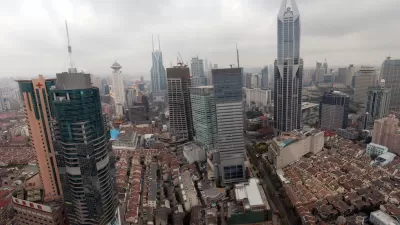The migrants that have swelled China's cities in recent decades still remain 'second-class citizens', unable to sell their rural land or have access to public services like schools or medical care. Will the country's new leaders change this?
"An unusually public debate has unfolded in think-tanks, on microblogs and in state media about how China should improve the way it handles urbanisation," reports The Economist. "Some propose that migrants in cities should, as quickly as possible, be given the same rights to services as urban dwellers. Others insist that would-be migrants should first be given the right to sell their rural plot of land to give them a deposit for their new urban life. Still others say the government must allow more private and foreign competition in state-controlled sectors of the economy such as health care, which would expand urban services for all, including migrants. Most agree the central government must bear much more of the cost of public services and give more power to local governments to levy taxes."
"Any combination of these options would be likely to raise the income of migrants, help them to integrate into city life and narrow the gap between the wealthy and the poor, which in China is among the widest in the world. Such reforms would also spur on a slowing economy by boosting domestic consumption."
As the authors explain, the “handshake buildings” (so named because they are separated from each other by only a few feet) that comprise "China’s favelas" and house the many migrants not living in factory dormitories, could become a solution for the country's urbanization ills by "[increasing] the supply of affordable housing and [helping] more migrants become proper urban residents."
FULL STORY: Some are more equal than others

Depopulation Patterns Get Weird
A recent ranking of “declining” cities heavily features some of the most expensive cities in the country — including New York City and a half-dozen in the San Francisco Bay Area.

California Exodus: Population Drops Below 39 Million
Never mind the 40 million that demographers predicted the Golden State would reach by 2018. The state's population dipped below 39 million to 38.965 million last July, according to Census data released in March, the lowest since 2015.

Pennsylvania Mall Conversion Bill Passes House
If passed, the bill would promote the adaptive reuse of defunct commercial buildings.

Google Maps Introduces New Transit, EV Features
It will now be easier to find electric car charging stations and transit options.

Ohio Lawmakers Propose Incentivizing Housing Production
A proposed bill would take a carrot approach to stimulating housing production through a grant program that would reward cities that implement pro-housing policies.

Chicago Awarded $2M Reconnecting Communities Grant
Community advocates say the city’s plan may not do enough to reverse the negative impacts of a major expressway.
City of Costa Mesa
Licking County
Barrett Planning Group LLC
HUD's Office of Policy Development and Research
Mpact Transit + Community
HUD's Office of Policy Development and Research
City of Universal City TX
ULI Northwest Arkansas
Town of Zionsville
Urban Design for Planners 1: Software Tools
This six-course series explores essential urban design concepts using open source software and equips planners with the tools they need to participate fully in the urban design process.
Planning for Universal Design
Learn the tools for implementing Universal Design in planning regulations.
























